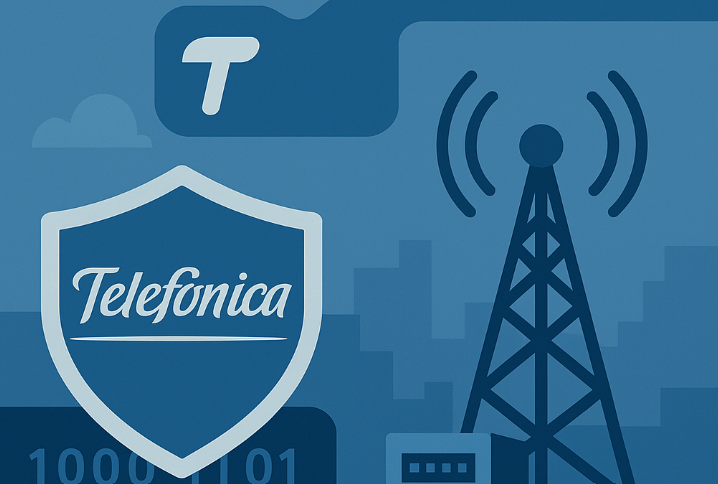
– Spanish telecom giant Telefónica, under the leadership of Chair Marc Murtra, is embarking on a strategic pivot aimed at reshaping the European mobile market. The company is planning a substantial investment in data centres and cybersecurity services to strengthen its case for industry consolidation and position itself as a continental tech leader rather than just a national provider .
📈 Strategic Rationale
In a high‑profile move, Telefónica aims to persuade the European Commission that a reduced number of larger, more capable telecom operators would bolster Europe’s digital resilience. With increasing reliance on technology and growing cyber‑threats from state actors, the company argues that sovereignty in cyber‑security infrastructure is now essential.
Key Moves and Ambitions
Telefónica is considering acquiring the remaining 50% of its UK joint venture, Virgin Media O2, currently co‑owned with Liberty Global. Formerly valued at £31.4 billion, this joint venture could soon come under Telefónica’s full control—underlining its ambition to own and manage core network assets.
Broader Context: Europe vs. Global Tech Giants
This strategy aligns with a broader narrative emerging in Europe. Regulators have been urged by telco leaders—including Telefónica—to revise competition policies to allow for mergers and vertical integration that can compete with U.S., Chinese, and Japanese counterparts. After recent approvals for mergers in the UK, 2025 is shaping as a turning point for telecom consolidation in Europe.
National Impact: Spain’s Market Evolution
Spain’s telecom scene is already undergoing structural change. The Orange‑MásMóvil merger, which led to the creation of a new operator, Digi Spain, has stirred debate over market competitiveness. Telefónica’s push could reshape this dynamic further .
Implications for Consumers and Innovation
- Faster network roll‑out & better infrastructure: Telefónica’s push for consolidation may deliver improved 5G/6G coverage and investment in emergent services.
- Stronger cybersecurity posture: With enhanced data centres and domestic cyber tools, Europe may gain autonomy from U.S.-based providers.
- Potential cost & regulatory ramifications: Reduced competition raises possible price concerns for consumers and challenges for MVNOs that rely on MNO networks.
Outlook
Later this year, decisions by the European Commission and national regulators will determine whether Telefónica’s consolidation play will succeed. If regulators change guidelines to favour fewer, more resource-rich telecom operators, Spain’s market structure—and Europe’s—could be fundamentally reshaped.


